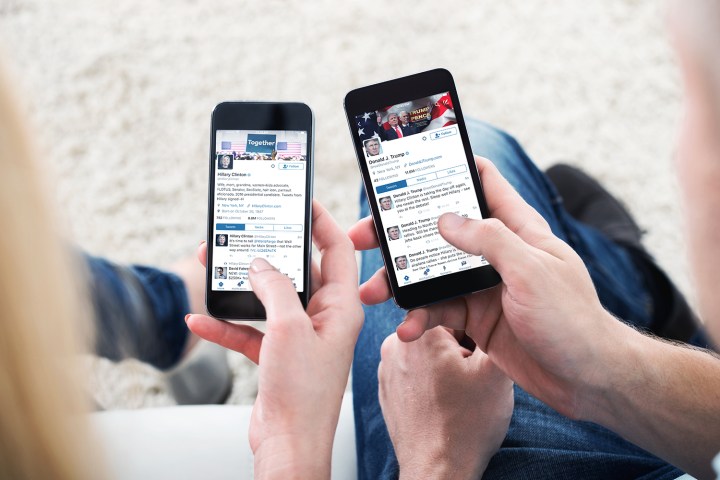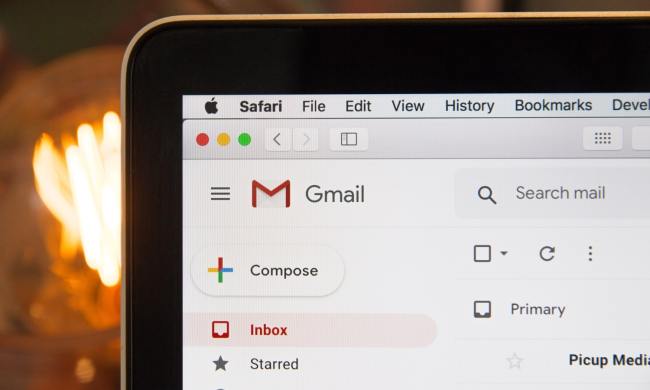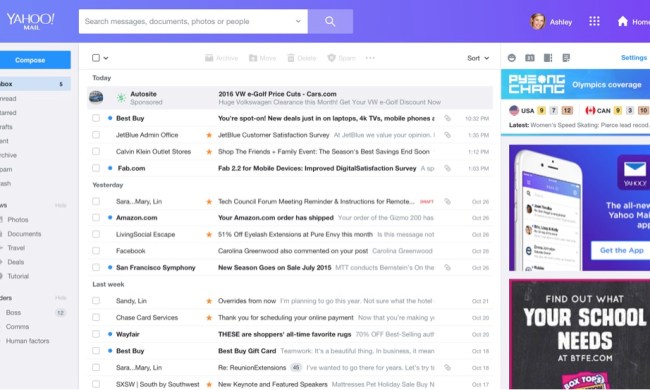
The goal, Google explains, is to help the “French electorate make sense of what and who to trust in their social media feeds, web searches, and general online news consumption in the coming months.” After all, with the French election just three months away, it’s a good time to ensure that the news is, well, news.
In conjunction with 17 newsrooms (with more being added) as well as technology partners like Facebook’s CrowdTangle, Google’s CrossCheck project seeks to quickly discredit hoaxes, rumors, and other fallacious sources. Already, CrossCheck is working with AFP (Agence France-Presse), BuzzFeed News, France Médias Monde (via les Observateurs de France 24), France Télévisions, Global Voices, Libération, La Provence, Les Echos, La Voix du Nord, Le Monde (Les Décodeurs), Nice-Matin, Ouest-France, Rue89 Bordeaux, Rue89Lyon, Rue89 Strasbourg, Storyful, and StreetPress, and more publishers are likely to be added over the course of the next several weeks.
Google released a similar project called Electionland during the 2016 U.S. election, though fake news was still criticized during the American political showdown. Perhaps, however, this second iteration will prove more effective.
“With the French presidential election approaching, journalists from across France and beyond will work together to find and verify content circulating publicly online, whether it is photographs, videos, memes, comment threads, [or] news sites,” Google announced in a blog post. “CrossCheck partners will make use of the collective reporting in their own articles, television programs, and social media content.”
You can take part in the debunking process by visiting First Draft or signing up for the CrossCheck newsletter.


